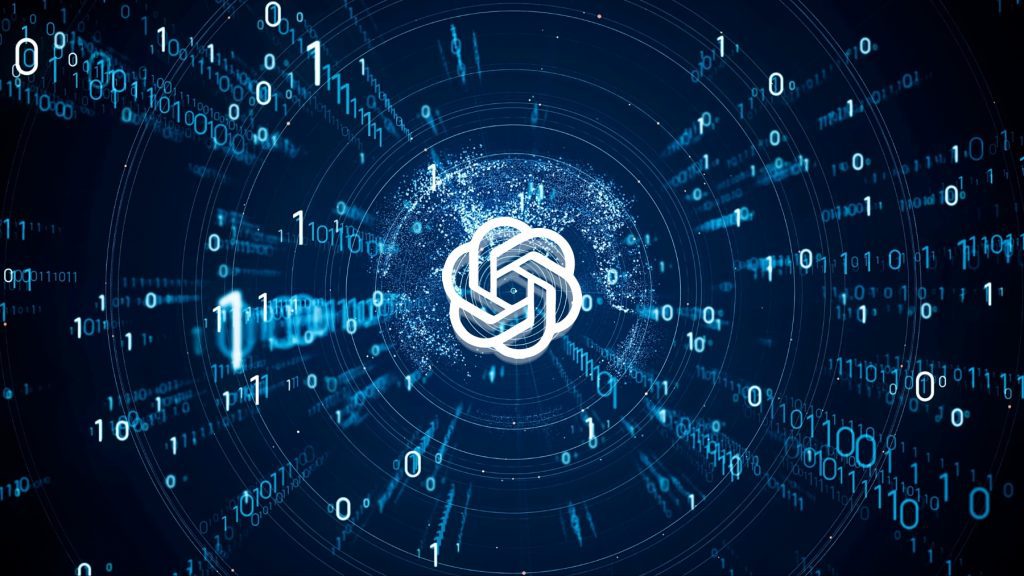
A National Institutes of Health NIH study published on Friday found that a new AI model, GPT-4V – capable of handling image and text analyses combined, outperformed doctors at answering medical questions while achieving an accuracy rate of 81.6% compared with doctors’ 77.8%.
The study involved 207 multiple questions where physicians and a senior student were answering in a closed book without access to external sources, while the AI model answered these questions using these external sources.
AI VS Doctors
The outcomes of the study showed that GPT-4V was able to answer succeeded in answering these questions correctly at the rate of 81.6%, while doctors were capable of doing so at the rate of 77.8%. However, when physicians had access to external sources such as literature search engines their accuracy in answering these questions jumped to 95.2%.
Interestingly, GPT-4V had at least 70% of its answers correct, while doctors missed in both settings. Yet, concerns were raised regarding the reasoning process taken by the AI model. For instance, GPT-4V detected correctly the malignant syphilis, but did not recognize that two skin lesions came from the same disease.
This kind of mistake shows that certainly AI can be a key tool that will assist in the decision-making within the field of healthcare, but it can never fully replace human doctors.
AI Integration Is Great, But…
Stephen Sherry, acting director at NIH national library of medicine, praised this study, and stated, “Integration of AI into health care holds great promise as a tool to help medical professionals diagnose patients faster, allowing them to start treatment sooner.”
However, Sherry emphasized that human intervention remains crucial for a more accurate diagnosis.
From his part, Zhiyong Lu, a senior investigator at NLM and an author of the study, stress on the importance of acknowledging AI limitations, and said, “Understanding the risks and limitations of this technology is essential to harnessing its potential in medicine.”
Final thoughts
Imagine a world in which the physician and AI work together in perfect coordination, one in which human insight comes together the precision of machines. The combination of human brains and machines strengths the task at hand, given that the AI can examine vast amounts of data and recognize patterns that might escape even the sharpest human minds.
Inside Telecom provides you with an extensive list of content covering all aspects of the Tech industry. Keep an eye on our Medtech section to stay informed and updated with our daily articles.